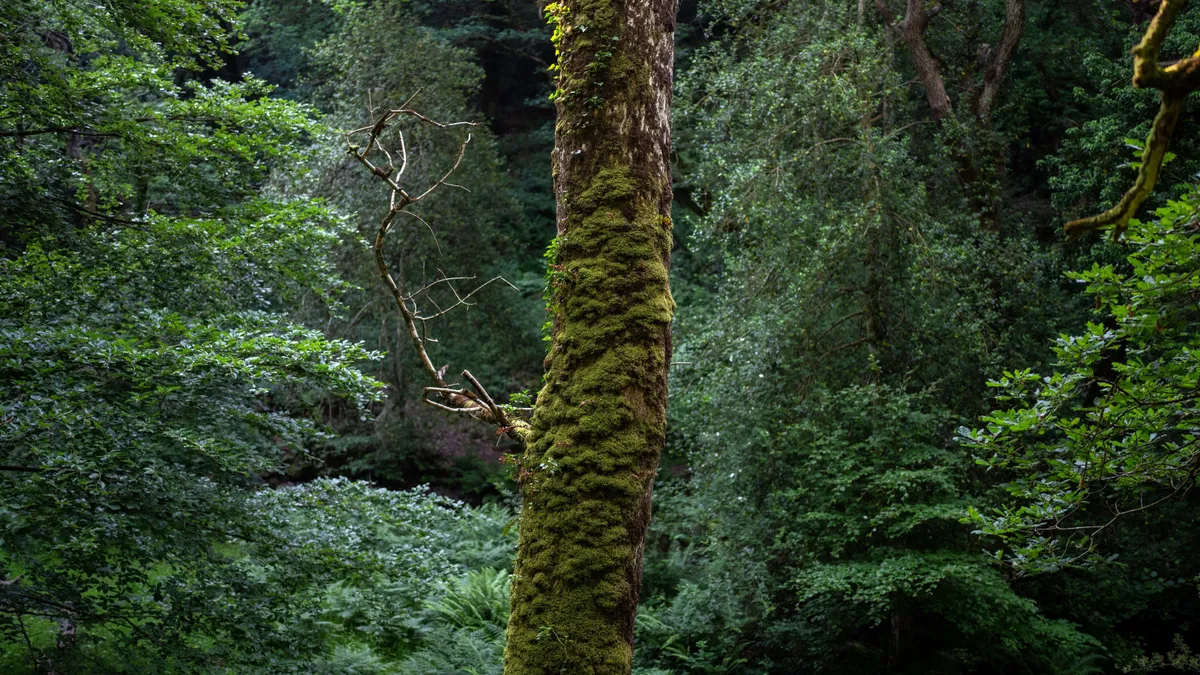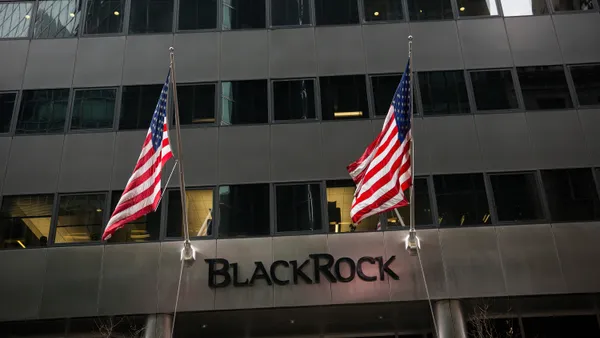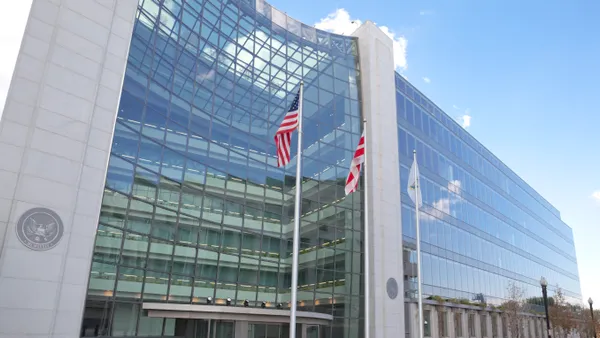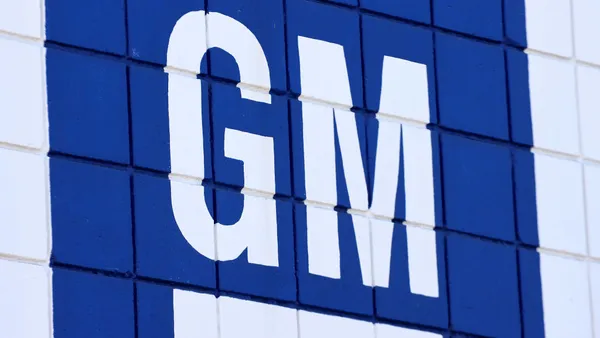Dive Brief:
- Seventy-one percent of the world’s manmade cellulosic fiber producers earned positive ratings from environmental nonprofit Canopy, according to the group’s annual Hot Button Report released last week.
- While the percentage of producers with positive ratings remained unchanged from 2023, per the report, this year saw “an increased level of commitment” from MMCF manufacturers. Four companies showed upgraded progress, while three producers — India-based Aditya Birla, Austria-based Lenzing, and China-based Tangshan Sanyou — tied with the same top score for the first time in the report’s eight-year history.
- The Hot Button Report assessed 28 out of 35 producers, or 80% of global MMCF producers worldwide, representing 97.5% of global production capacity. Unrated producers in the report make up only a small proportion of global capacity, a Canopy spokesperson said in an email to ESG Dive’s sister publication, Fashion Dive.
Dive Insight:
MMCF producers are rated in Canopy’s report using shirt colors ranging from red, meaning a company is at “high risk of sourcing from Ancient and Endangered Forests/not engaging with Canopy,” to dark green, meaning a company is leading “in CanopyStyle commitments,” per the report. Some companies in the report also carry a white shirt rating, meaning they have newly engaged with Canopy or have not yet been assessed.
The companies rated with a green shirt or higher this year represent 53% of the global supply of viscose, rayon, lyocell, and other MMCF textiles, up from 50% in 2021 but down from 54% in 2023, per the report.
In an accompanying press release, Canopy said the slight year-over-year decline was attributed to “consolidations (purchasing of other producers) and capacity expansions by red shirt producers, leading to a reduction in fibre volumes in the green shirt category.”
Canopy added that demand for MMCF-based textiles is surging, and increased “nearly half a million tonnes this year alone.” Nonetheless, the nonprofit said a significant amount of this expansion comes from producers with red in their shirt status.
“The Hot Button Report continues to be a very important tool as we work to reduce the carbon and biodiversity impacts of our materials,” Madelene Ericsson Ryman, sustainability business expert at H&M Group, said in Canopy’s press release. “Since 2020, H&M Group has only purchased from green shirt producers. We’re particularly encouraged by the increased number of MMCF producers that are eliminating Ancient and Endangered Forests from the value chain along with the increased utilization of Next Gen materials.”
Despite scientific innovation and brand commitments to using next-gen MMCF materials such as those made from waste products and post-consumer scraps, Canopy said in its release that companies in the fashion and home textile value chain still need to work together to bring about significant change.
“This collaboration is essential to scale the use of these circular materials to protect forests, support local economies, and bring a stable supply of low-carbon textiles to market,” Canopy said.













